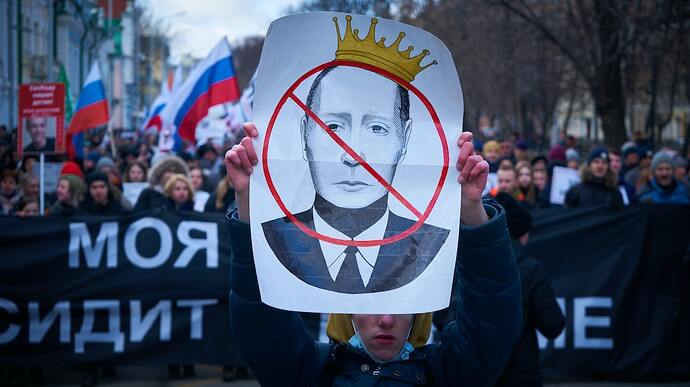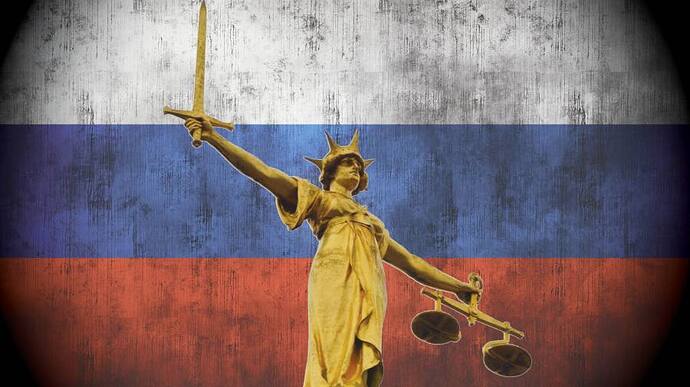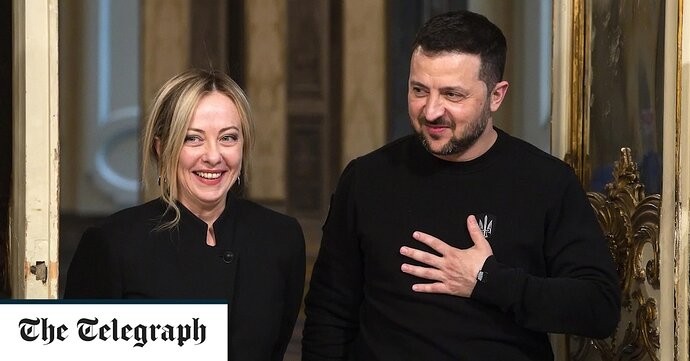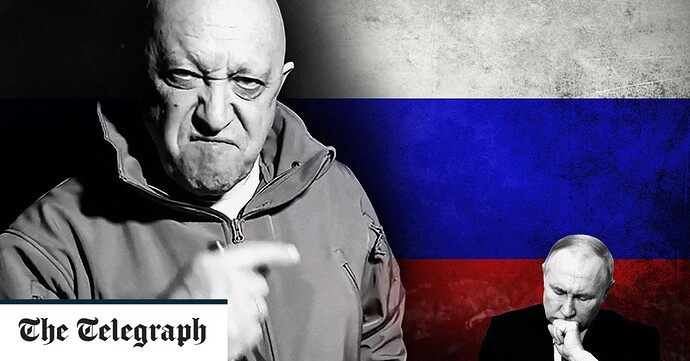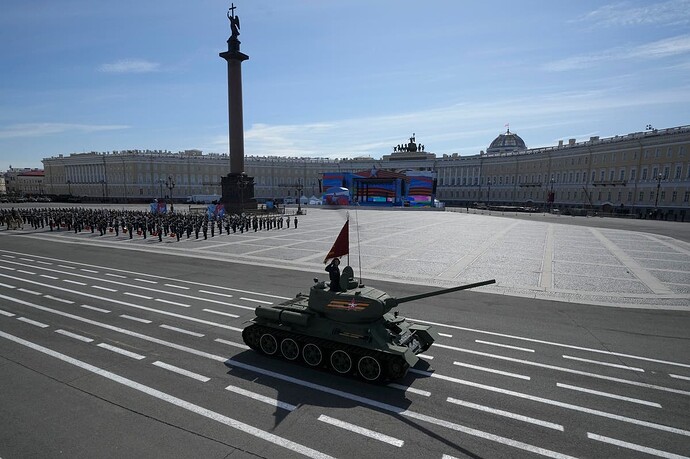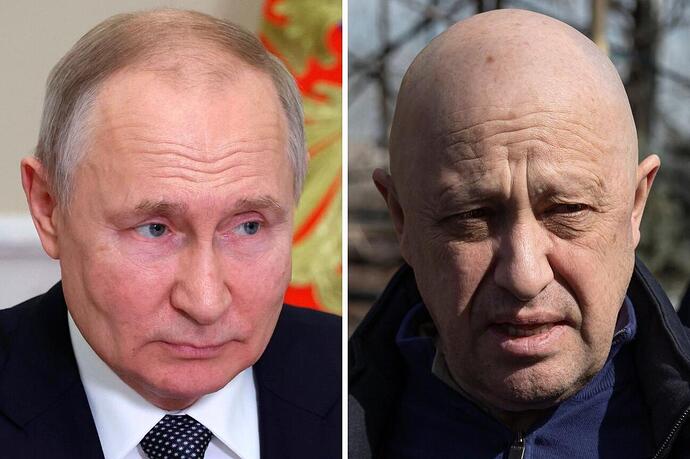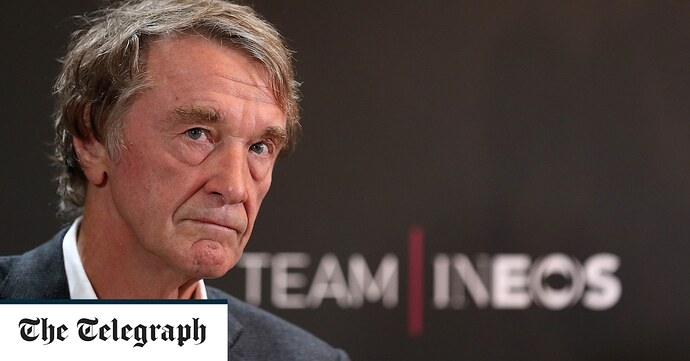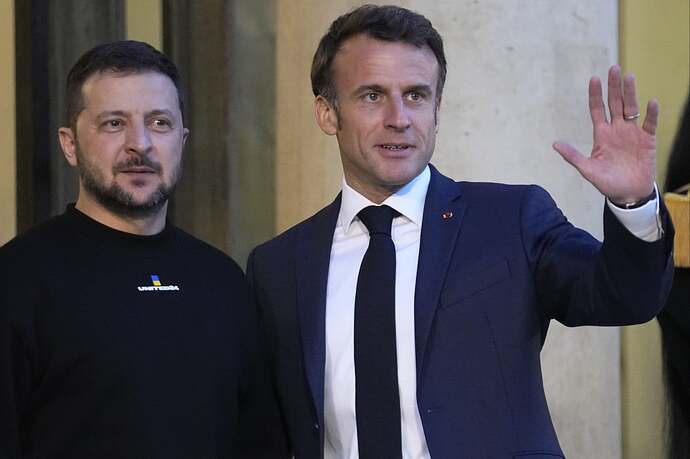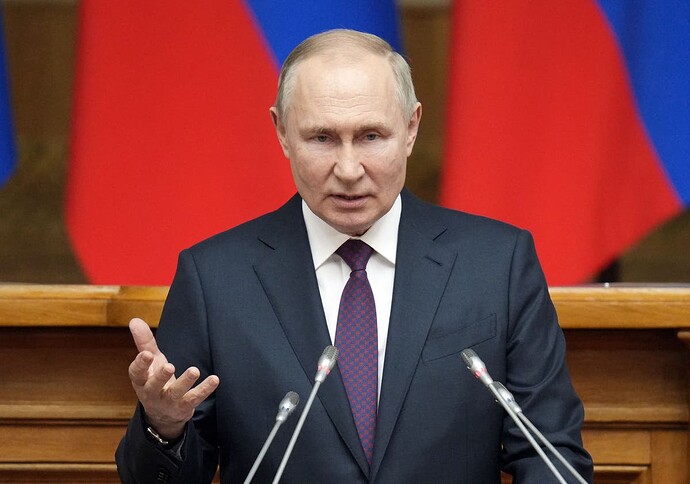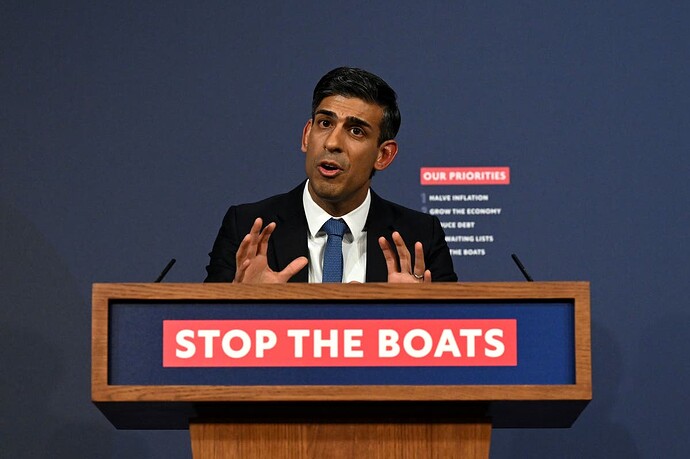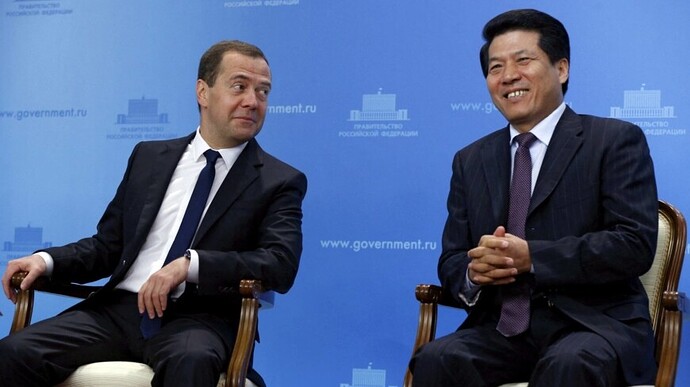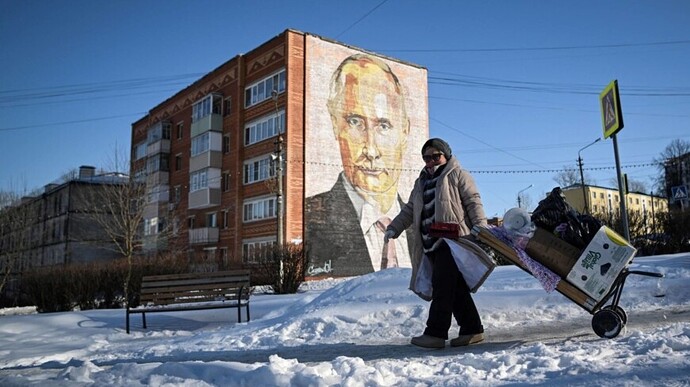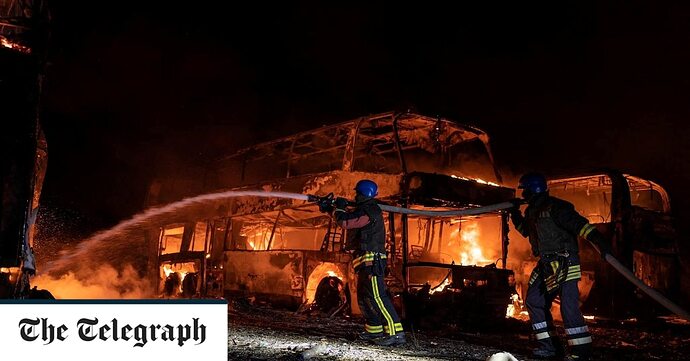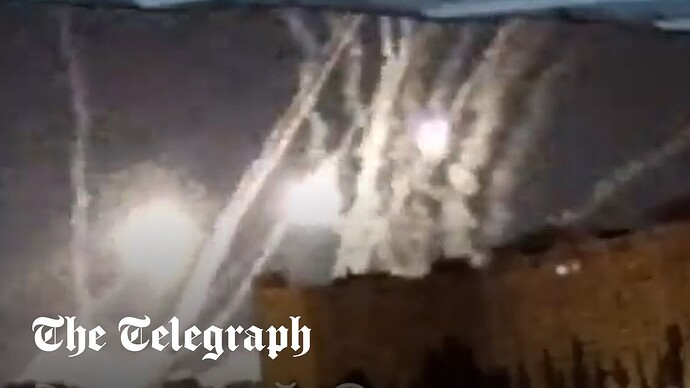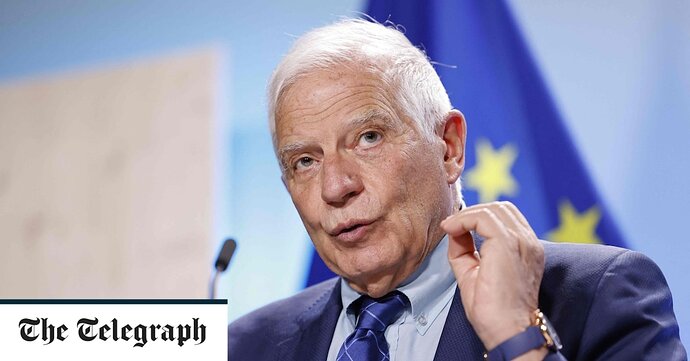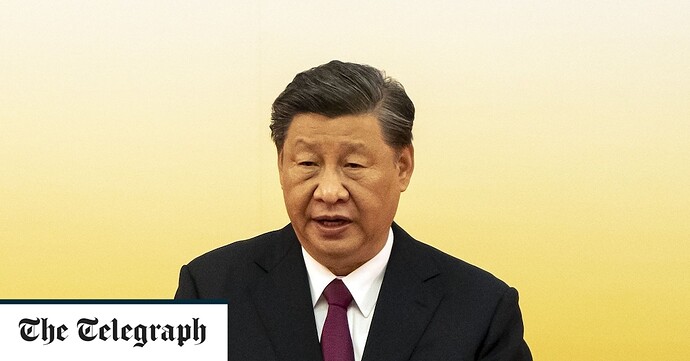Vladimir Vladimirovich Putin is a world-renowned political figure who has been the President of the Russian Federation for four separate terms, first from 2000 to 2008 and then again from 2012 to the present day. As one of the world’s most controversial leaders, he has garnered both praise and criticism from his supporters and detractors, many of whom have sought to analyze his policies, behavior, and motivations in great detail.
Early Life and Career
Born on October 7, 1952, in Leningrad, now known as St. Petersburg, Putin grew up in a communal apartment and was the only child of Vladimir Spiridonovich Putin and Maria Ivanovna Shelomova. His father was a factory foreman and his mother was a factory worker. Putin went on to study law at Leningrad State University, graduating with honors in 1975. After completing his degree, he joined the KGB, the Soviet Union’s primary intelligence agency, where he served both domestically and abroad.
During the fall of the Soviet Union, Putin played a key role in the KGB’s response to the attempted coup against President Mikhail Gorbachev in August 1991. After the coup failed, Putin continued his career in Russia’s intelligence services, serving as head of the Federal Security Service (FSB) from 1998 to 1999.
Entry into Politics
It was during the period of his time as head of the FSB that Putin caught the attention of then-Russian President Boris Yeltsin. In 1999, Yeltsin appointed Putin as his Prime Minister, ostensibly to help him address rising economic and political challenges in Russia. The appointment was met with skepticism, as Putin had no prior political experience and was untested in the political arena.
However, Putin quickly made a name for himself as a shrewd and efficient leader, taking on issues like corruption, crime, and terrorism. In August 1999, while Putin was still the head of the FSB, a series of apartment bombings rocked Russia, killing over 200 people. Putin’s response to the bombings was swift and brutal, launching a military campaign against separatist rebels in the Russian region of Chechnya.
This campaign is credited with bolstering Putin’s popularity among the Russian people and cementing his position as a rising political star. In March 2000, Yeltsin resigned, and under the Russian Constitution, Putin became Acting President. Later that year, he was elected to the presidency with over 50% of the vote.
Presidency
Putin’s first presidency was marked by a series of sweeping reforms, including overhauls to the tax code, pension system, and labor regulations. He also worked to consolidate power in the presidency, weakening the influence of regional governors and enhancing the power of federal agencies.
However, Putin’s tenure was also characterized by widespread allegations of corruption and human rights abuses. Many of his critics accused him of using his power to stifle political opposition and suppress dissent, with numerous journalists, activists, and political figures jailed or otherwise intimidated into silence.
During Putin’s second presidency, he continued to pursue a hardline agenda, particularly when it came to Russian foreign policy. He oversaw Russia’s annexation of Crimea in 2014, as well as its intervention in the Syrian Civil War in 2015, leading to heightened tensions with the United States and other Western nations.
Criticism and Controversy
Putin’s leadership has been the subject of intense scrutiny and debate, both within Russia and around the world. Supporters have praised his strong leadership style, arguing that he has restored order to a chaotic and unstable Russia. They point to improvements in economic growth, increased stability, and heightened national pride as evidence of Putin’s success.
However, Putin’s critics argue that his leadership style is authoritarian and undemocratic, with widespread allegations of election rigging, censorship, and human rights abuses. Many have accused Putin of using his power to enrich himself and his associates, with accusations of widespread corruption and cronyism.
Furthermore, Putin has faced criticism for his handling of the COVID-19 pandemic in Russia. Despite early successes in containing the virus, Russia has since struggled with a surge in cases and a slow rollout of vaccines, leading to accusations of mismanagement and underreporting of cases.
Conclusion
Throughout his career, Vladimir Putin has been one of the most polarizing and controversial political figures in the world. With his strong leadership style and hardline approach to foreign policy, he has won both admirers and detractors, with opinions on his presidency varying widely depending on the observer.
As Putin continues to oversee Russia’s domestic and international affairs, his legacy remains very much in question. Whether he will be remembered as a transformative leader who restored order and prosperity to Russia, or as a power-hungry autocrat who stifled dissent and trampled on human rights, is a question that remains to be answered.
Disclaimer
6do Encyclopedia represents the inaugural AI-driven knowledge repository, and we cordially invite all community users to collaborate and contribute to the enhancement of its accuracy and completeness.
Should you identify any inaccuracies or discrepancies, we respectfully request that you promptly bring these to our attention. Furthermore, you are encouraged to engage in dialogue with the 6do AI chatbot for clarifications.
Please be advised that when utilizing the resources provided by 6do Encyclopedia, users must exercise due care and diligence with respect to the information contained therein. We expressly disclaim any and all legal liabilities arising from the use of such content.
